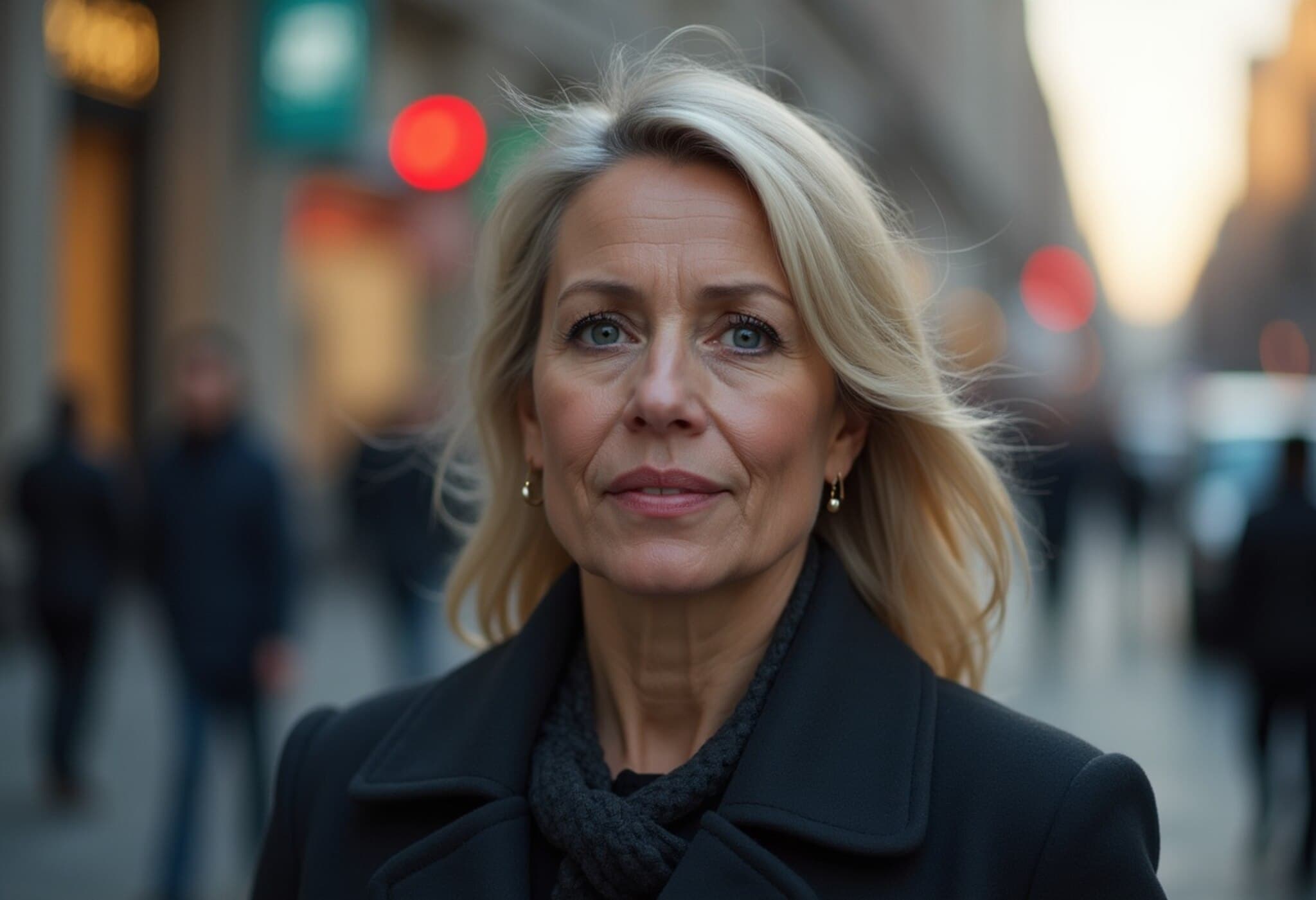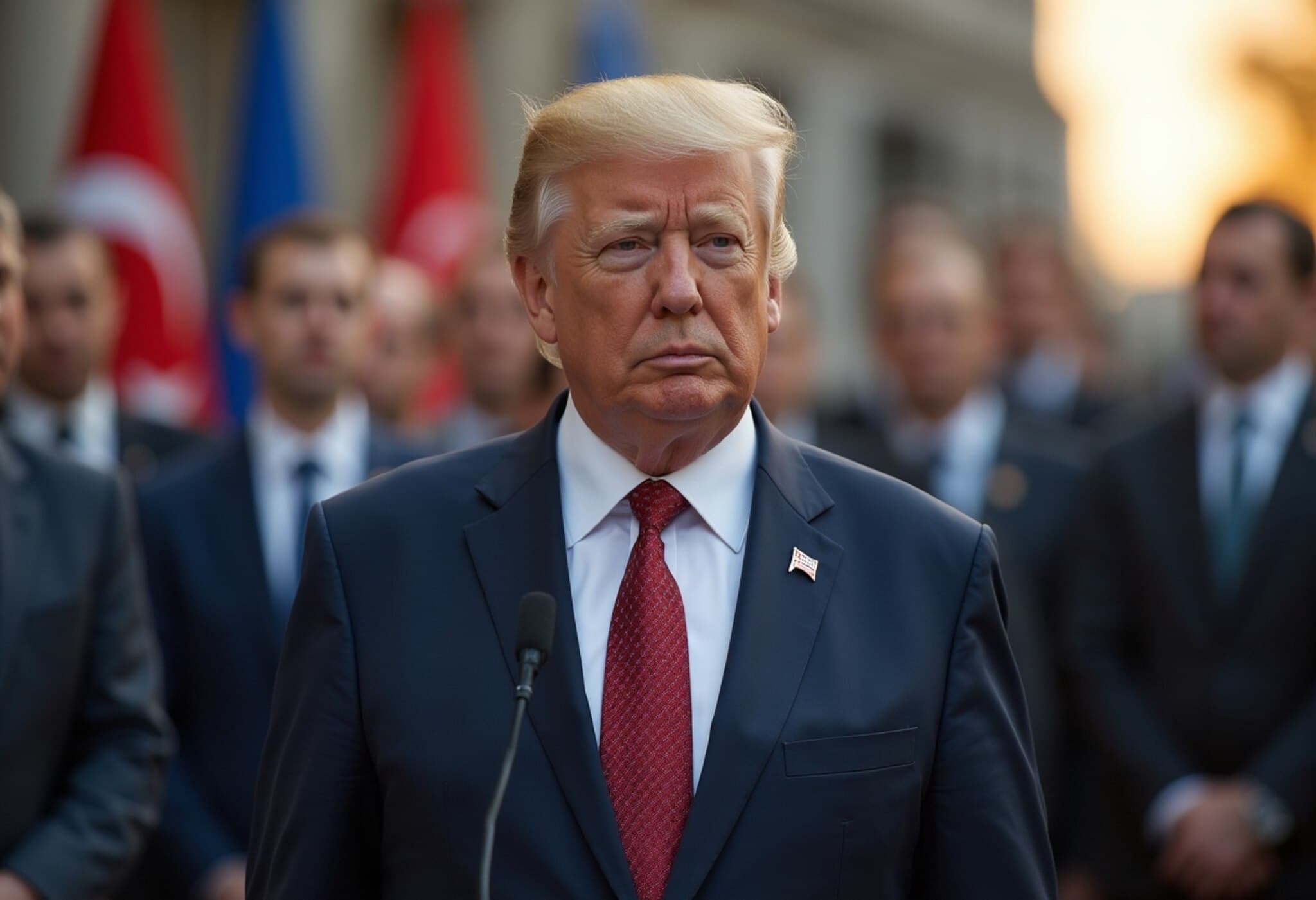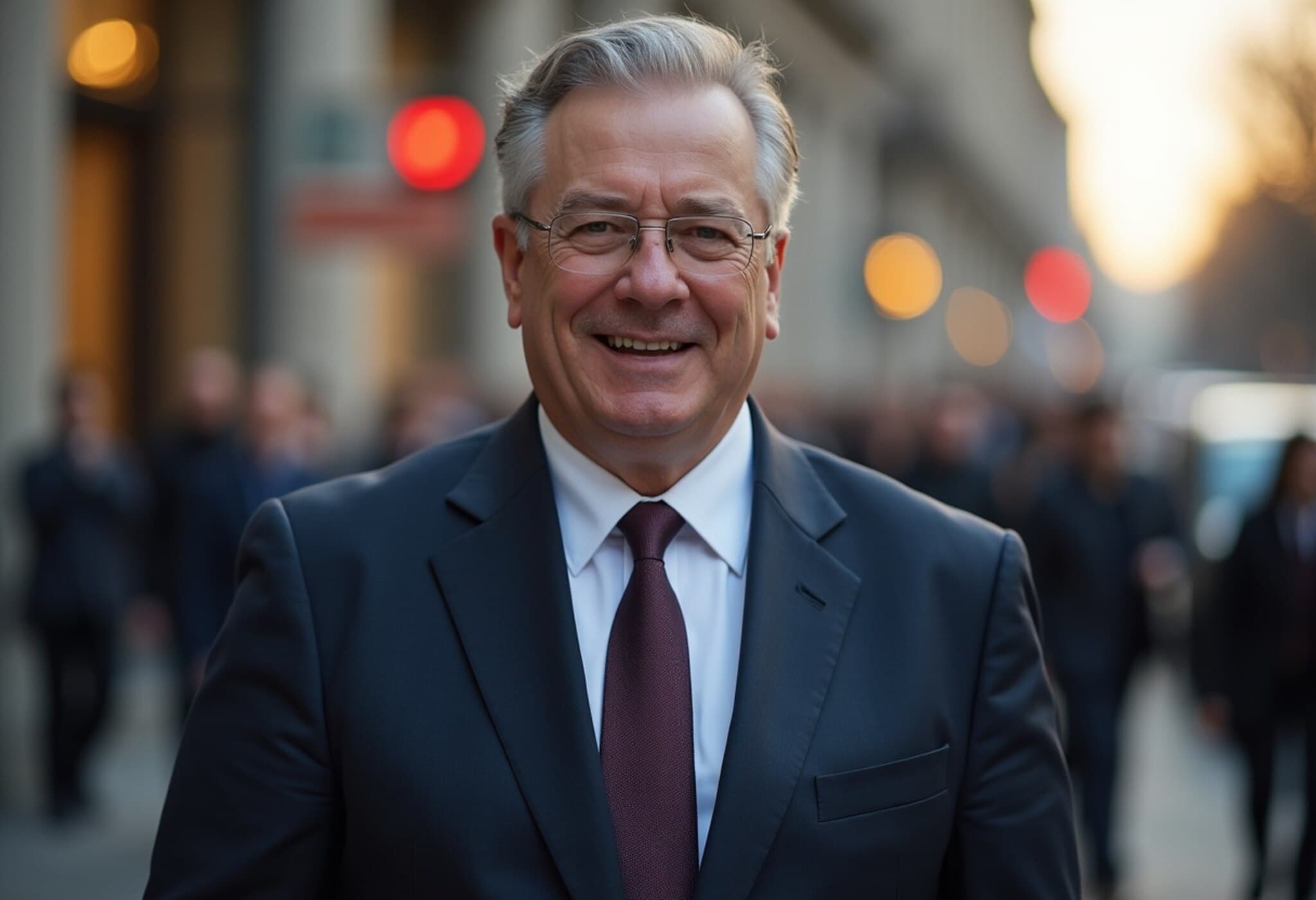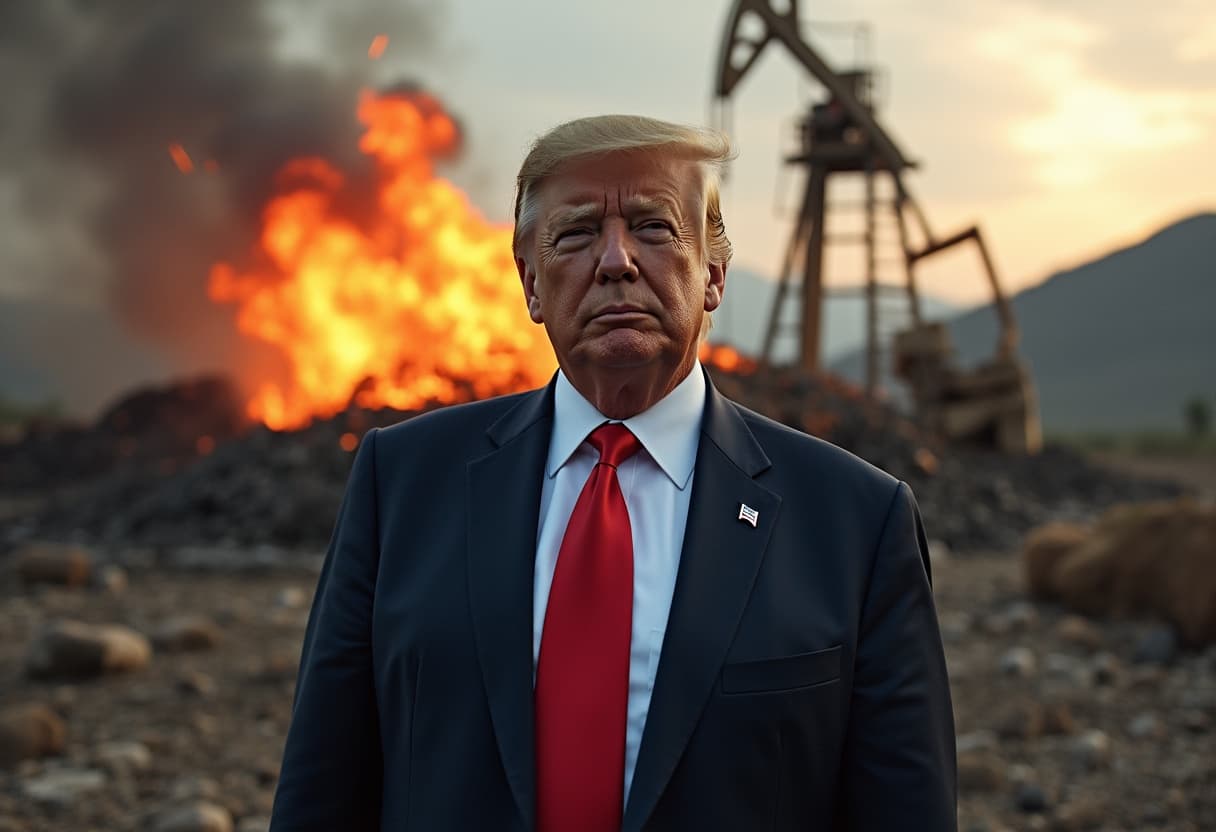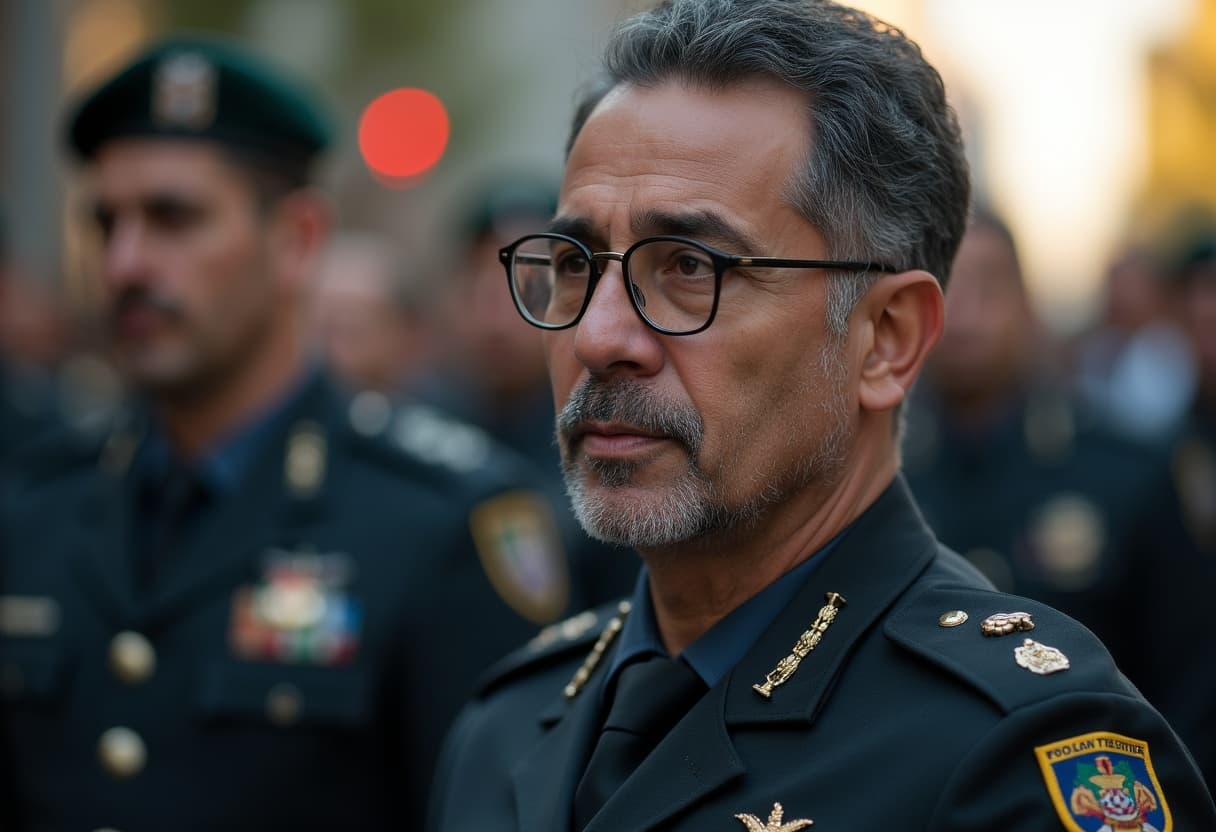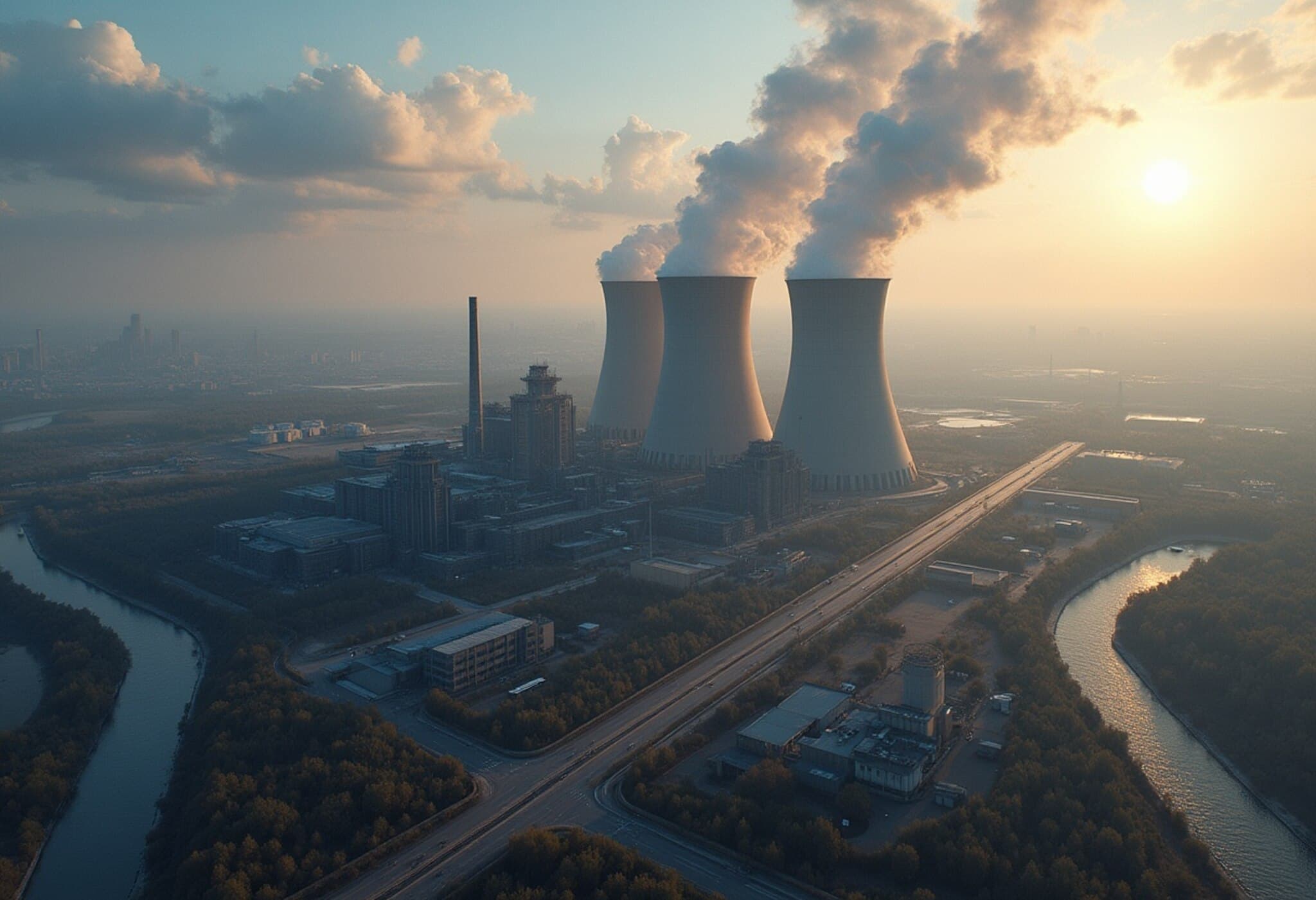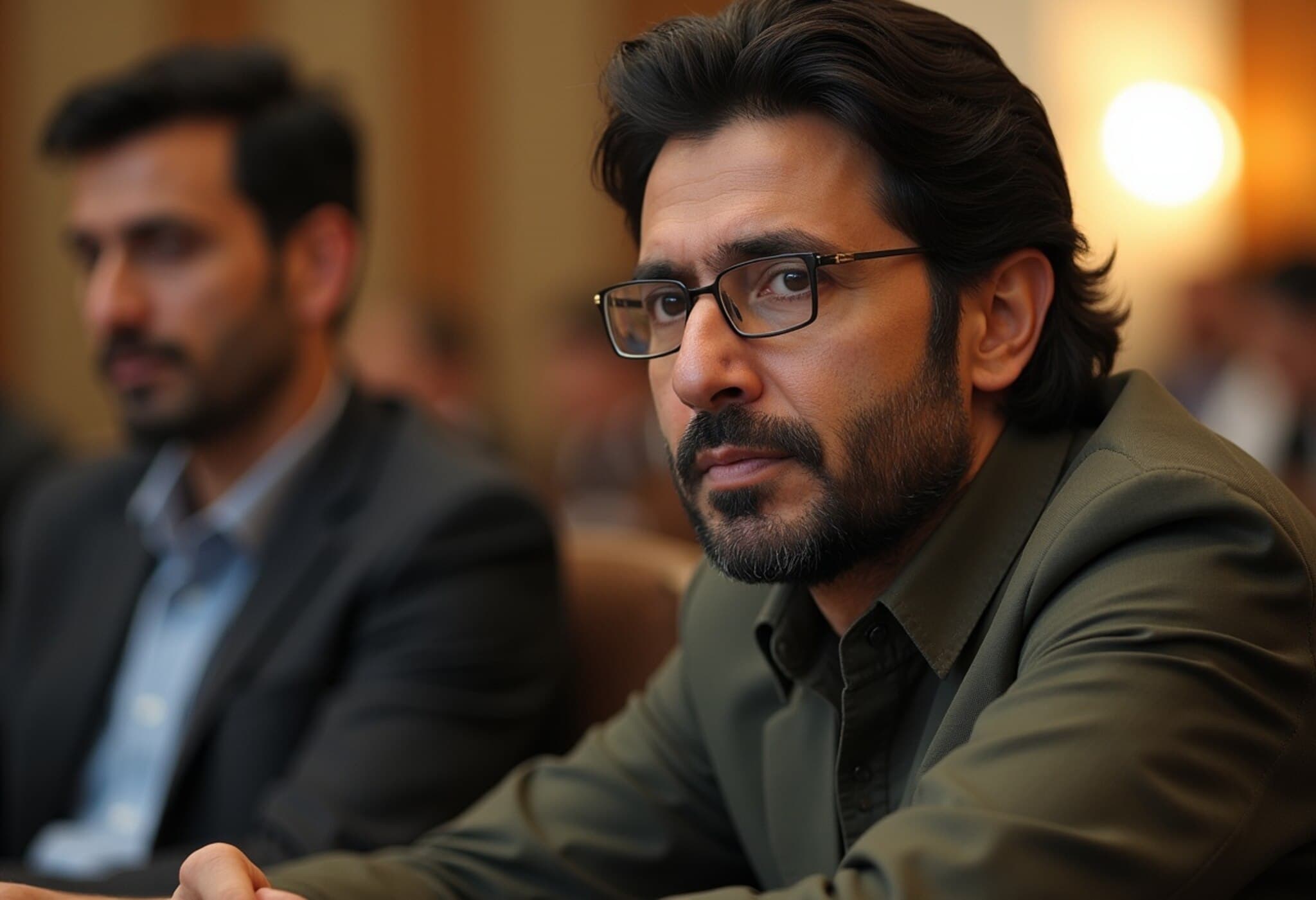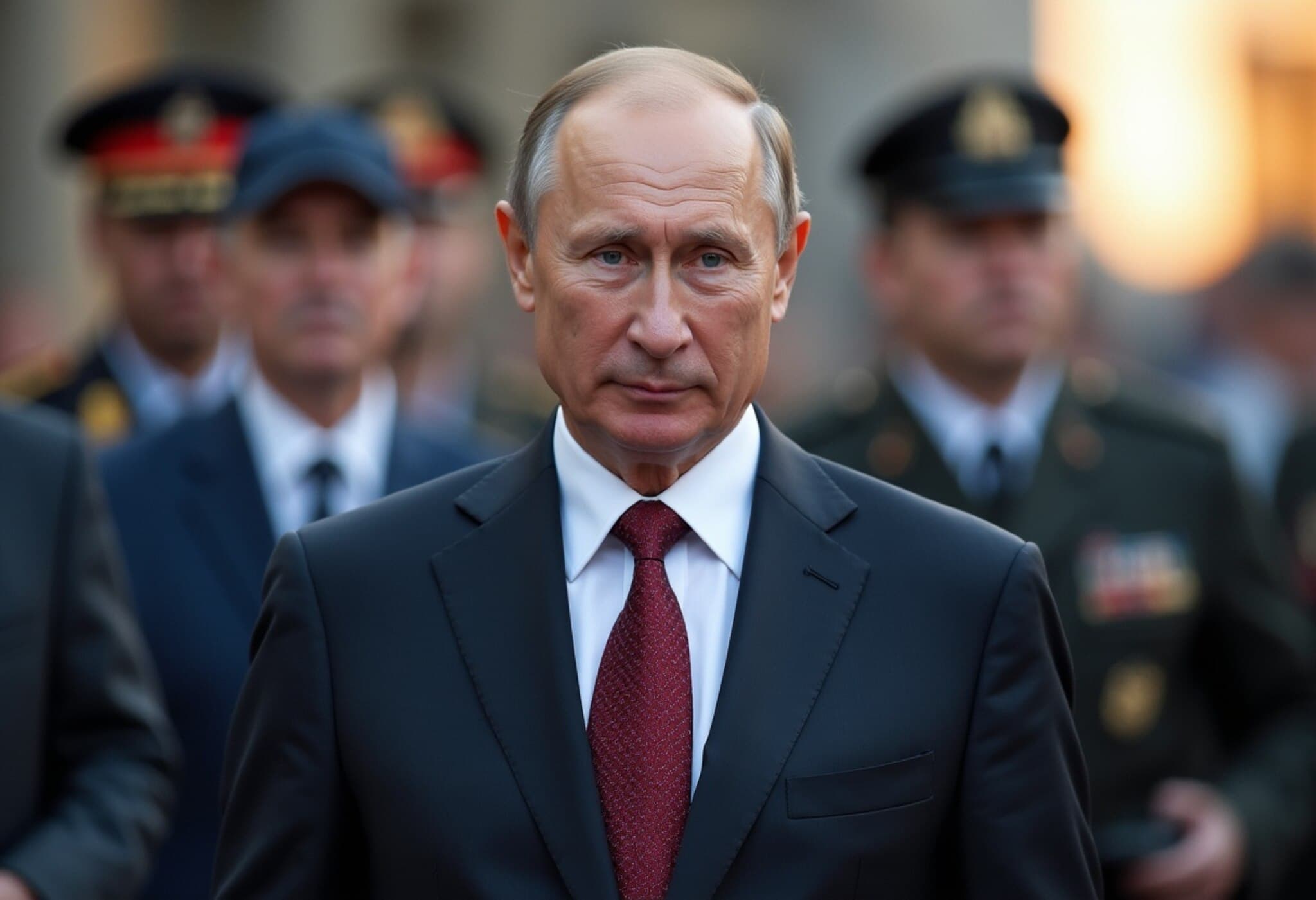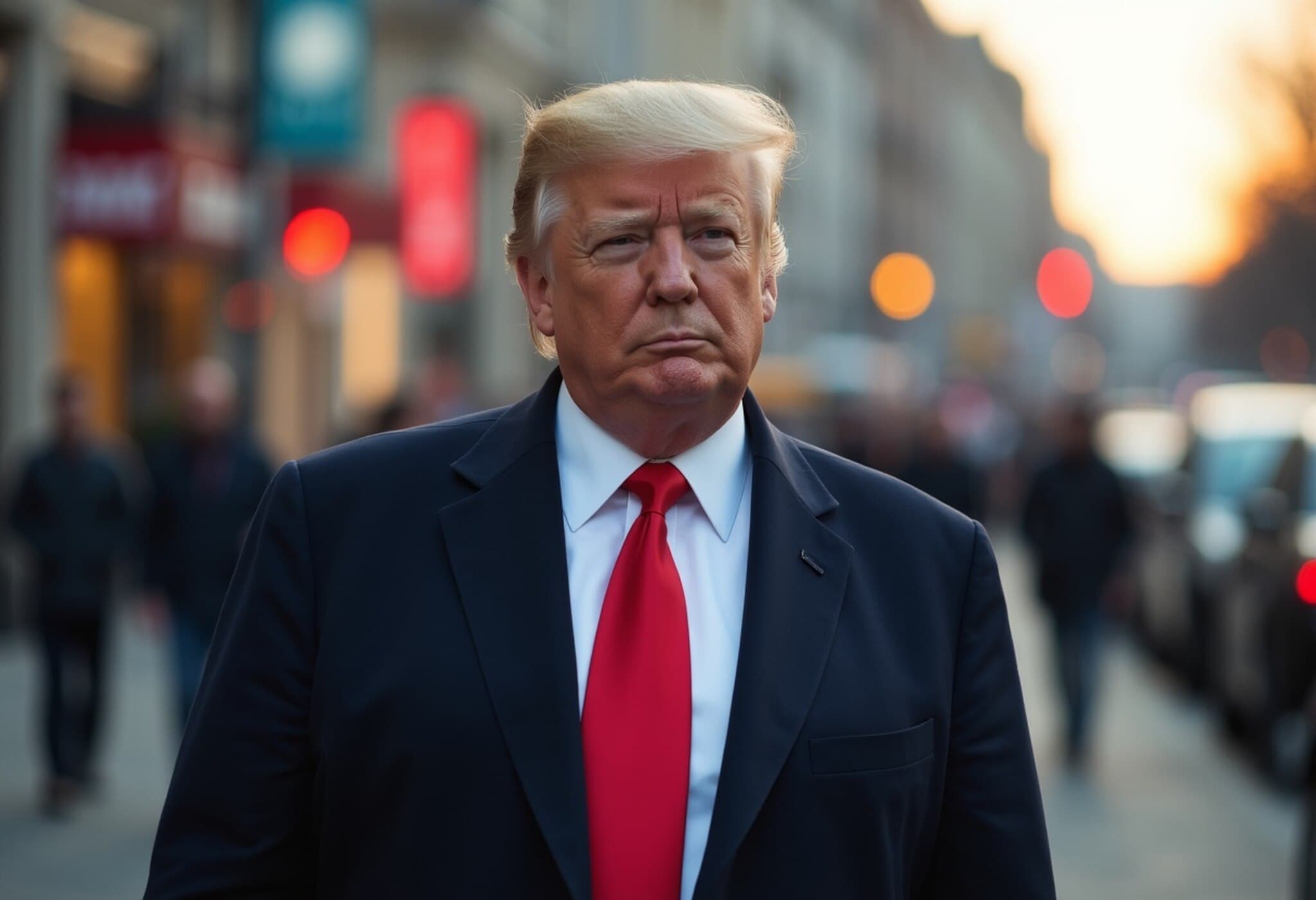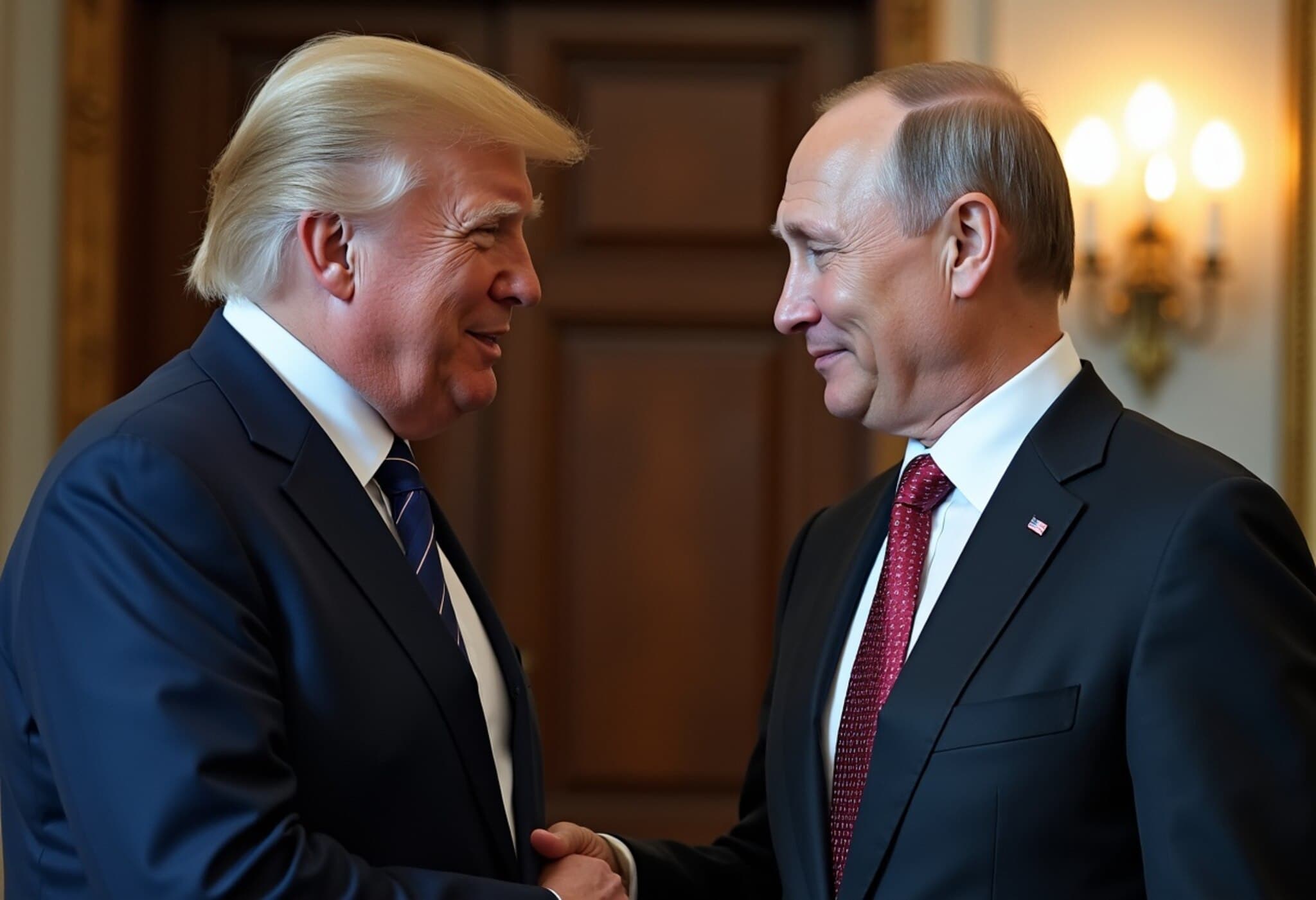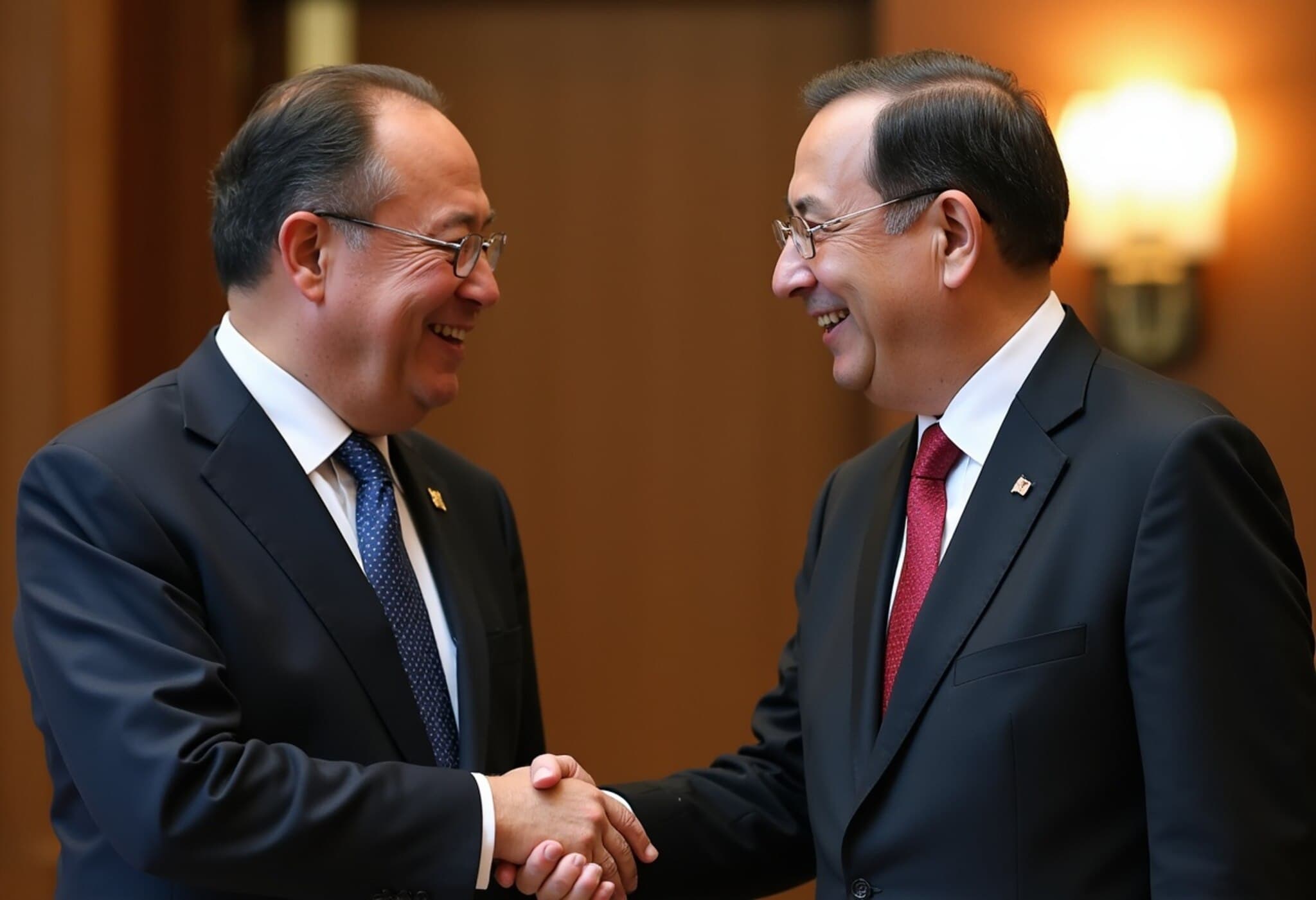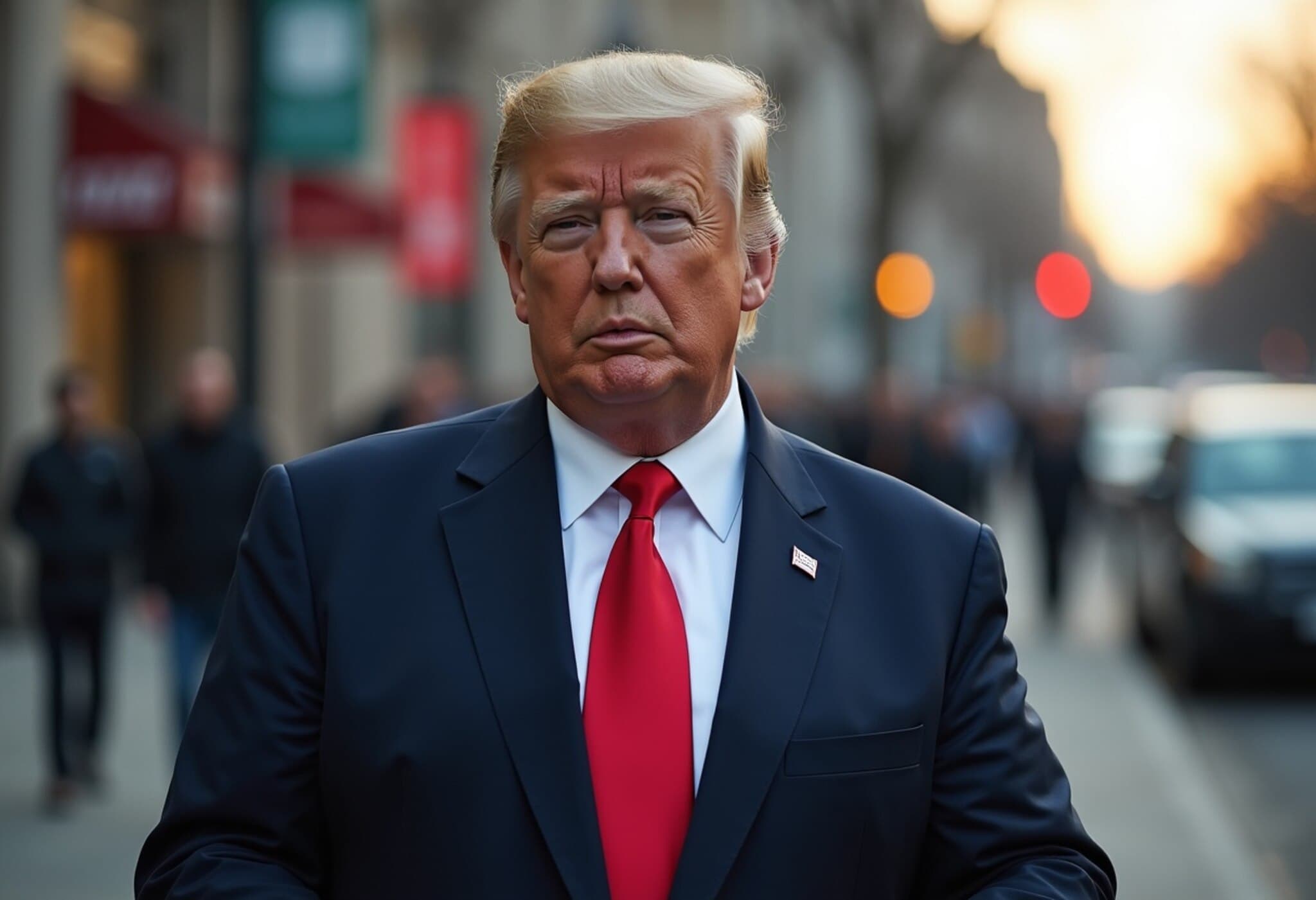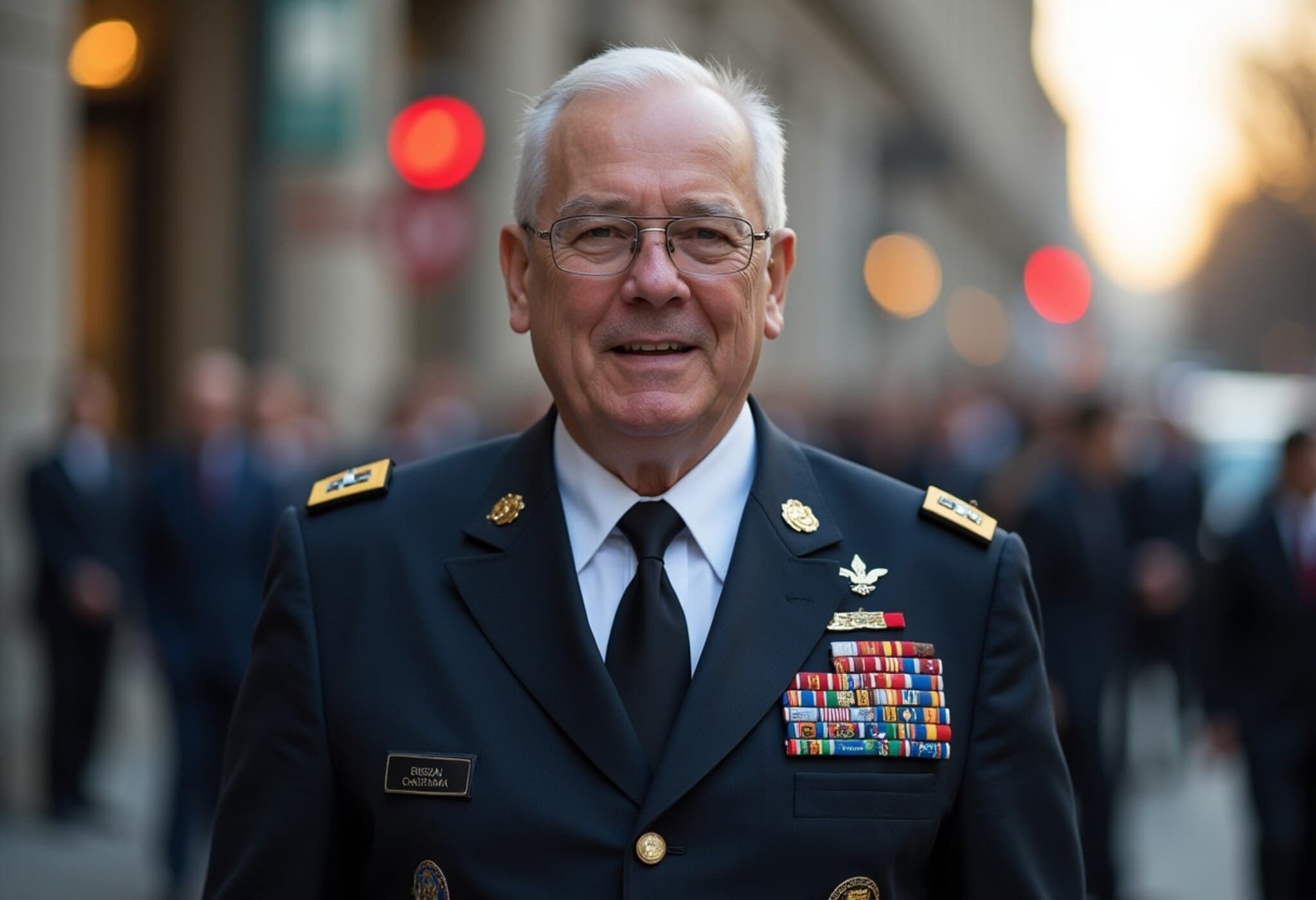Russia Challenges Western Commitment to Peace Amid Ukraine Conflict
In a stark statement that underscores the deep geopolitical rifts fueling the Ukraine conflict, Russian Foreign Ministry spokeswoman Maria Zakharova declared that lasting peace has never been the genuine objective of Western nations. This assertion came following recent, yet inconclusive, direct talks between Russian and Ukrainian officials, revealing Moscow’s continued skepticism about the West’s role in the war.
Russia’s Perspective: War Prolonged by Western Arms Support
Speaking on July 26, 2025, Zakharova criticized the West, accusing it of deliberately extending the conflict by supplying Kyiv with weapons instead of fostering peace.
“Peace talks and a settlement in Ukraine have never been on the real agenda of the West. If they truly wanted peace, they would stop supplying weapons to Kyiv,” Zakharova told the TASS news agency.
Her remarks marked her first public commentary since the direct negotiations earlier that week, signaling a hardened Russian position. Kremlin spokesman Dmitry Peskov echoed these sentiments, emphasizing Moscow’s unwavering commitment to advancing its military and political aims despite ostensible openness to dialogue.
Moscow’s Preconditions: Non-Negotiable Demands
Russia’s red lines remain clear:
- Full Ukrainian withdrawal from four regions annexed by Moscow in 2022, though control over these areas remains contested.
- Ukraine’s renunciation of NATO membership, a key security concern for Russia.
- Strict limits on Ukraine’s armed forces, effectively curtailing Kyiv’s military capabilities.
These demands have been firmly rejected by Ukraine and its Western allies, who view them as unacceptable terms that compromise Ukraine’s sovereignty and security.
Ukrainian Response and Continued Negotiation Efforts
Despite the tense rhetoric, Ukrainian President Volodymyr Zelenskyy signaled a willingness to continue diplomatic engagement. On July 26, he confirmed Kyiv had proposed another round of talks slated for the near future, with Istanbul anticipated again as the preferred venue. Yet, no official date has been set.
One must note the delicate balancing act Kyiv faces—while pursuing peace, it simultaneously relies on Western military aid to withstand Russia’s offensive on the ground.
Escalation On the Battlefield and International Dynamics
Amid diplomatic overtures, the conflict’s intensity has not abated. Russia has recently escalated drone attacks, including sustained overnight barrages characterized as some of the largest seen in 2025. Ukraine’s air defenses reportedly intercepted many, but not all, incoming drones.
Unfortunately, civilian casualties continue, highlighting the war’s human toll:
- In Zaporizhzhia, two women were wounded when a drone struck their home.
- Similar incidents in Kharkiv resulted in injuries to two other individuals.
Meanwhile, on the geopolitical front, former U.S. President Donald Trump has upped pressure on Moscow with warnings of severe tariffs if a ceasefire is not agreed upon within 50 days. He also confirmed intensified U.S. military aid to Ukraine, including sending advanced Patriot air defense systems, and plans to coordinate with European allies to replenish Ukraine’s arms supplies.
Expert Commentary: What Lies Ahead?
This evolving landscape underscores the complexity of seeking peace in a war deeply intertwined with global power struggles. Moscow’s insistence on sweeping political concessions clashes fundamentally with Kyiv’s desire to preserve sovereignty and Euro-Atlantic integration.
Moreover, Western military assistance—while crucial for Ukrainian defense—complicates diplomacy, fueling Moscow’s narrative that the West aims to prolong conflict. This rhetoric risks hardening positions on all sides, making breakthrough negotiations more elusive.
For American policymakers and analysts, the key questions revolve around sustaining effective support for Ukraine without inadvertently escalating tensions that hamper peace prospects. Balancing deterrence with dialogue remains an ongoing diplomatic challenge.
Editor’s Note
The Ukraine conflict epitomizes a modern geopolitical impasse where military realities and diplomatic ambitions collide. Russia’s accusations reflect not just a battle over territory, but a war of narratives about war itself. As peace talks linger without resolution, observers must ask: Are Western arms shipments a necessary cost for Ukrainian survival, or do they entrench a cycle of violence? Understanding this tension is vital for charting a pathway toward sustainable peace and regional stability.

